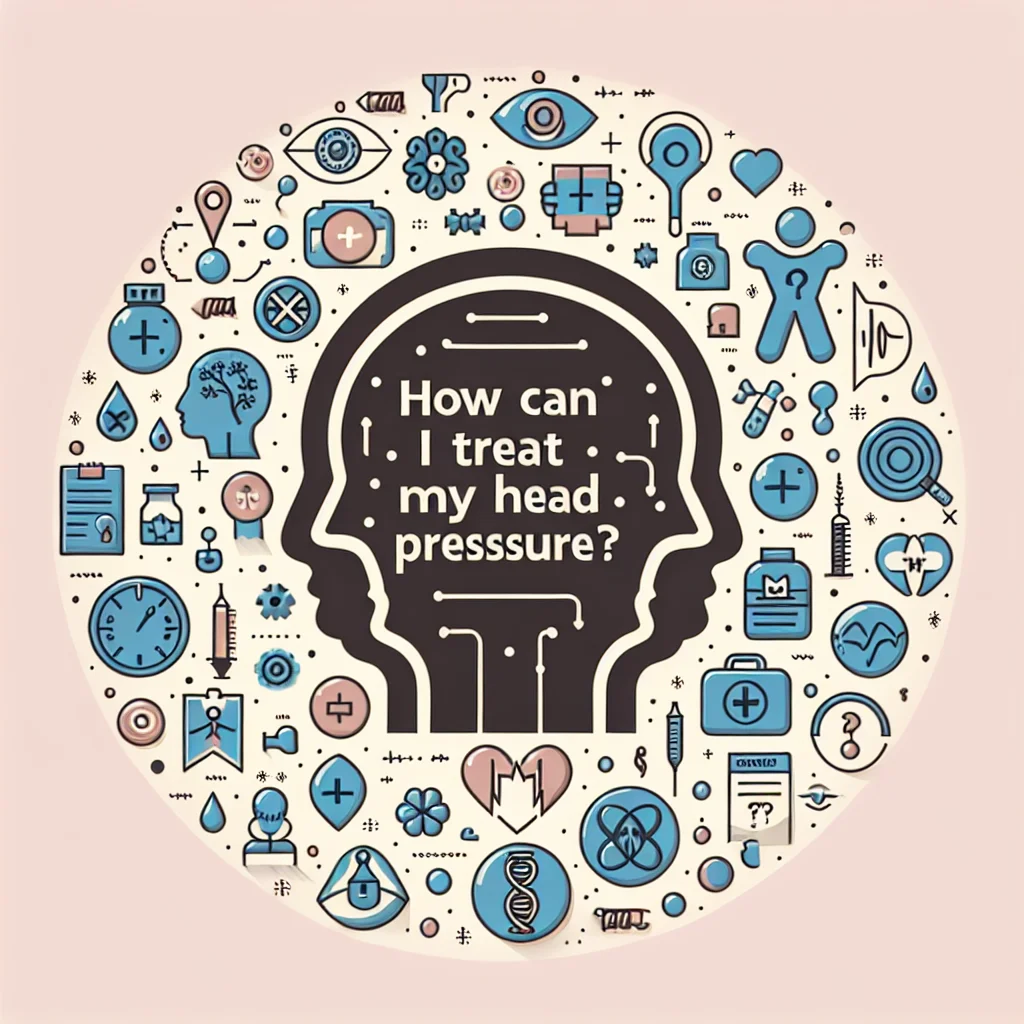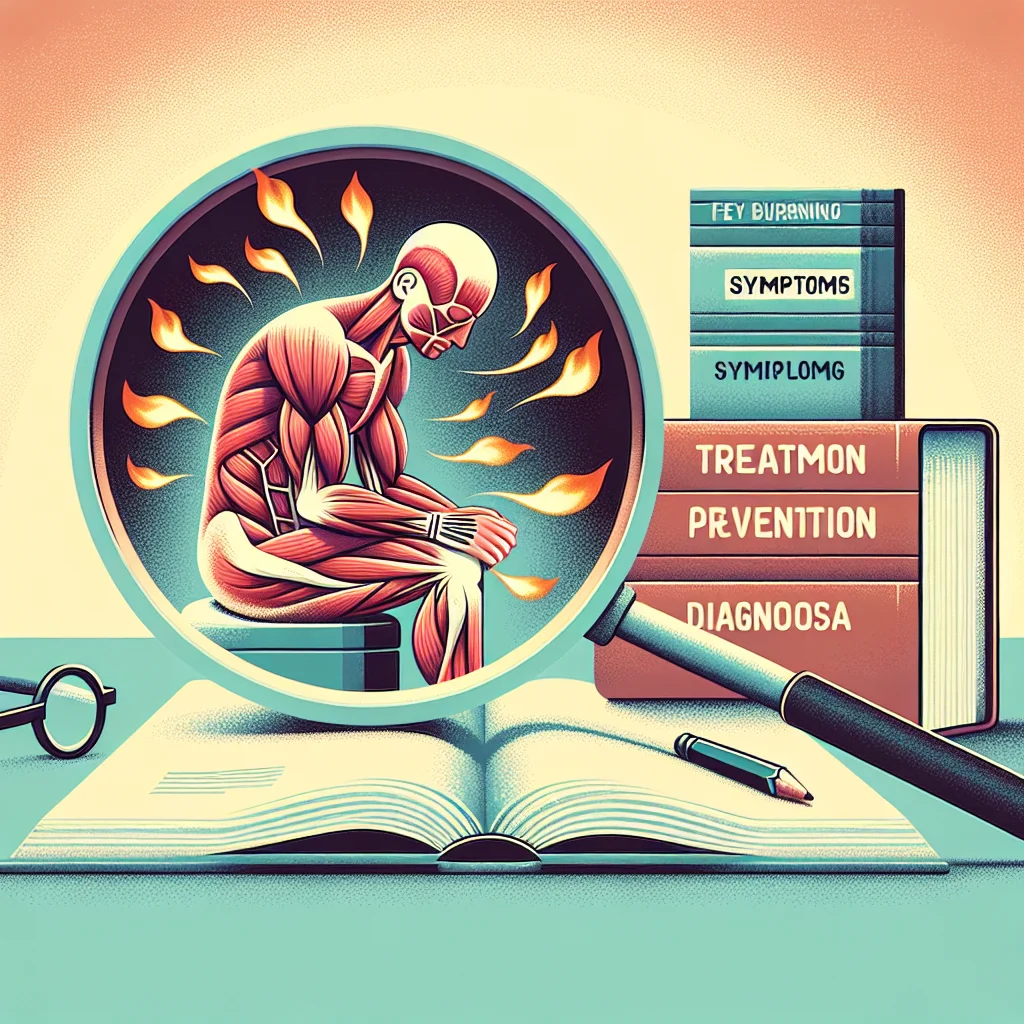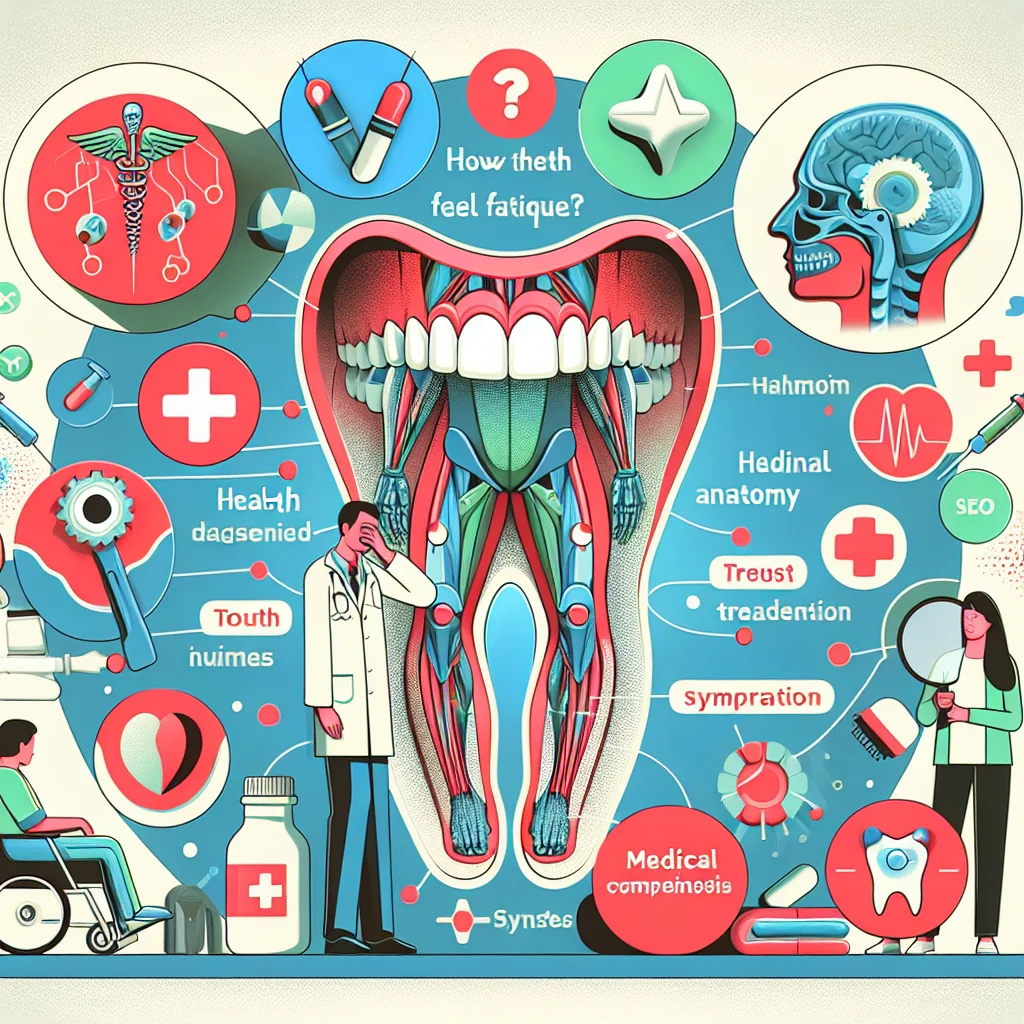
Possible Causes and Medical Insights
Feeling pressure in your head can be concerning, but understanding the potential causes is the first step toward effective treatment. Common reasons for head pressure include tension headaches, sinus infections, migraines, or even dehydration. Each of these issues affects the body differently, and identifying the root cause is crucial for finding the most suitable remedy. Sometimes, lifestyle factors such as stress and lack of sleep may also contribute to the sensation of head pressure.
Medical insight suggests that head pressure can sometimes be a sign of more serious health conditions like high blood pressure, neurological disorders, or infections. It is essential to observe if the pressure is accompanied by other symptoms such as visual changes, nausea, or neck stiffness. By understanding what might be causing your head to feel pressure, you can take proactive steps toward relief and prevention, ensuring your overall health and well-being.
Symptoms and Risk Factors
When you experience head pressure, it may come with additional symptoms such as dizziness, light sensitivity, or difficulty concentrating. In some cases, people report a constant heavy feeling or a tight band around the head, especially during episodes of stress or fatigue. Recognizing these symptoms can help you and your healthcare provider determine whether the pressure is due to a minor issue like sinus congestion or something that requires medical attention.
Several risk factors may increase your chances of experiencing head pressure. Chronic stress, allergies, dehydration, and a history of migraines are common contributors. Environmental factors such as poor air quality, excessive screen time, or irregular sleep patterns can also play a role. Understanding these risk factors empowers you to make informed choices in your daily life to reduce the likelihood of experiencing uncomfortable head pressure.
Diagnosis and When to See a Doctor
Diagnosing the cause of head pressure typically begins with a detailed discussion of your symptoms and medical history. Your healthcare provider may perform a physical examination and recommend tests such as blood work, imaging studies, or allergy screenings to rule out underlying conditions. Keeping a symptom diary can be helpful, as it allows your doctor to identify patterns and potential triggers for your head pressure episodes.
It’s important to seek medical attention if head pressure occurs suddenly, is severe, or is accompanied by alarming symptoms such as loss of consciousness, confusion, high fever, or sudden vision problems. These could indicate a serious medical issue requiring immediate intervention. If you are unsure about your symptoms or if home remedies have not provided relief, consulting a healthcare professional ensures you receive appropriate care for your specific situation.
Prevention and Home Remedies
Preventing head pressure involves adopting healthy lifestyle habits, such as staying hydrated, managing stress, and maintaining regular sleep patterns. Practicing relaxation techniques like deep breathing, yoga, or meditation can help reduce tension and alleviate pressure in your head. Limiting screen time and taking breaks during prolonged periods of concentration are also effective strategies to prevent discomfort.
Several home remedies can provide relief if you already feel pressure in your head. Applying a warm compress to your forehead or temples, using over-the-counter pain relievers as directed, and ensuring your environment is free from allergens may help. Additionally, gentle neck and shoulder stretches can ease muscle tension, and using a humidifier can relieve sinus-related head pressure. Always consult with a healthcare provider before starting new treatments, especially if your symptoms persist.














